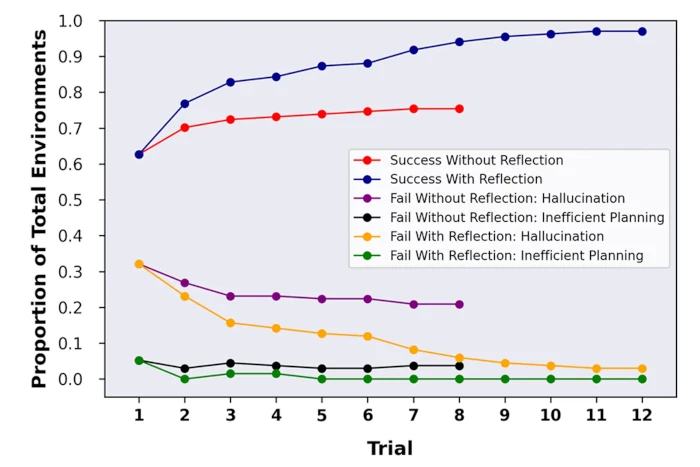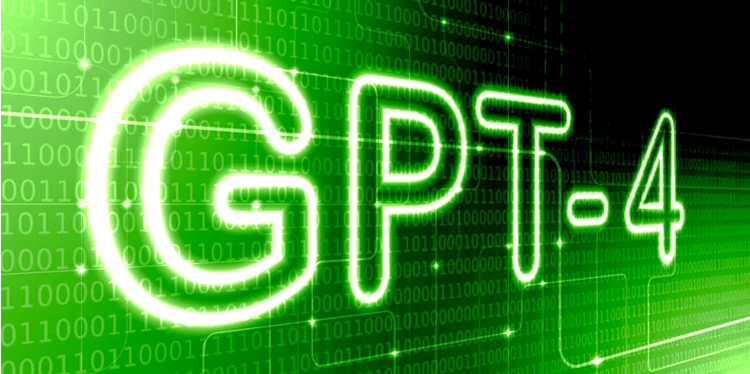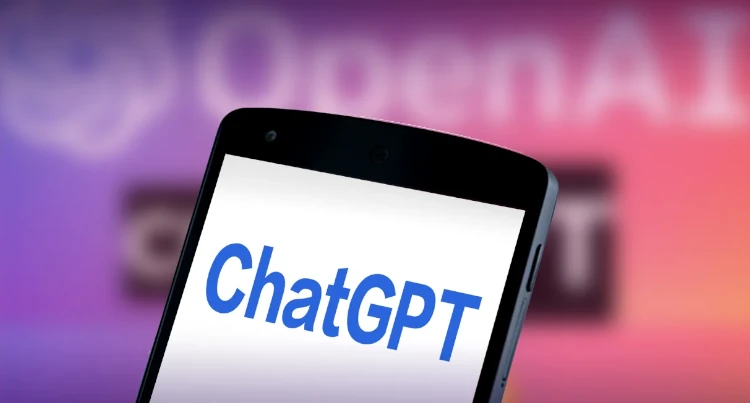A team of researchers from Northwestern University and MIT have found a way to make GPT-4, the most advanced AI language model, even better. They developed a technique called “Reflexion,” which allows GPT-4 to critique its own work and improve its accuracy by 30%. This breakthrough shows how GPT-4 can achieve remarkable results and learn new skills by self-reflecting.

What is “Reflexion”?
“Reflexion” is a technique that enables GPT-4 to act like a human and review its own performance. By using this technique, GPT-4 can assess its output, detect errors, and rewrite its solutions. This self-improvement process leads to significant enhancements in various tasks.
How GPT-4 Broke Records on HumanEval Test
One of the tests that GPT-4 excelled at using the Reflexion technique was the HumanEval coding test. This test consists of 164 Python programming problems that GPT-4 had never encountered before. With the Reflexion technique, GPT-4’s accuracy on this test increased from 67% to an amazing 88%. This shows how self-reflective loops can help GPT-4 master new challenges.
How GPT-4 Achieved Near-Perfect Score on AlfWorld Test
Another test that GPT-4 aced using the Reflexion technique was the AlfWorld test. This test measures how well an AI can make decisions and solve problems in interactive environments. With the Reflexion technique, GPT-4’s performance on this test soared from 73% to a near-perfect 97%. This demonstrates how GPT-4 can adapt and learn from its own feedback.
How GPT-4 Improved Significantly on HotPotQA Test
A third test that GPT-4 improved on using the Reflexion technique was the HotPotQA test. This test challenges an AI to understand content and reason over supporting documents. With the Reflexion technique, GPT-4’s accuracy on this test improved from 34% to 54%. This highlights how the self-reflection technique can enhance GPT-4’s comprehension and reasoning abilities.
Source: arxiv.org/abs/2303.11366






